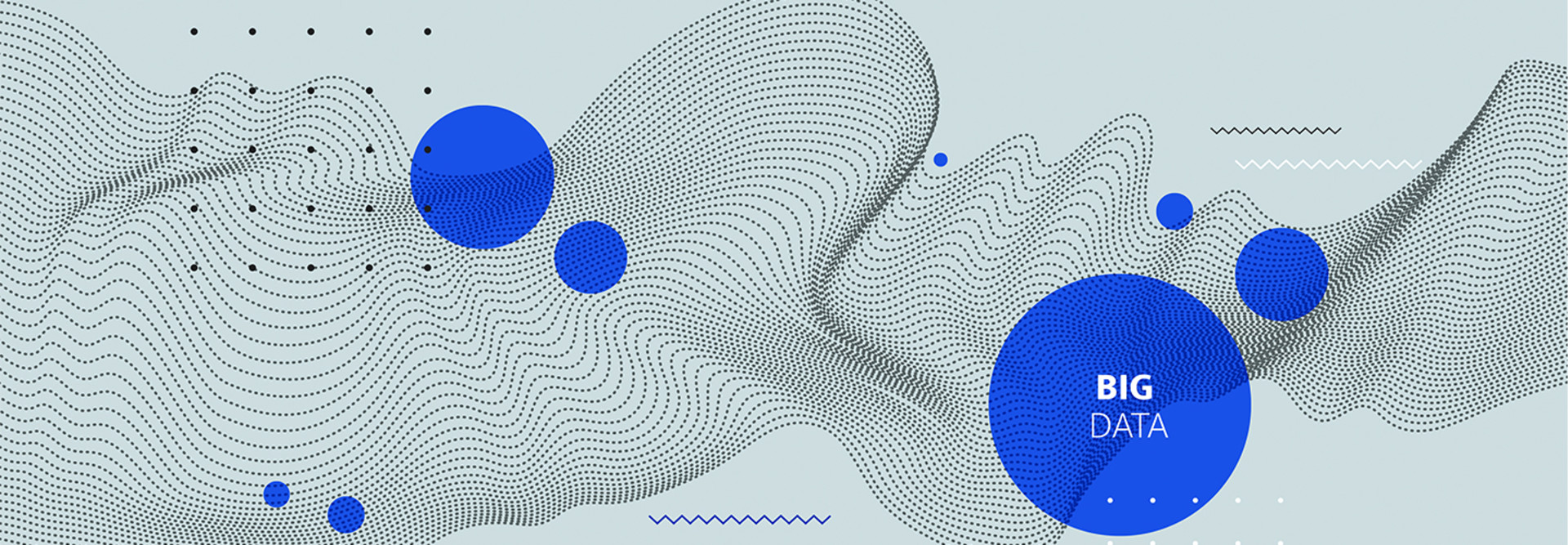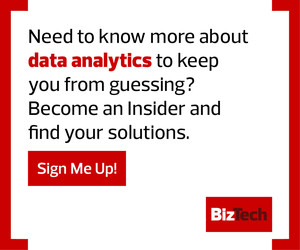The use of data analytics to fuel digital transformation has moved well beyond a business trend. The practice has become ubiquitous as organizations in nearly every industry have embarked on digital transformation journeys.
In fact, earlier this year, NewVantage Partners reported that 92 percent of companies say they are delivering business value from data investments. Why? The effective use of data analytics drives valuable business results — including improved efficiency, heightened productivity, reduced costs and an enhanced customer experience — that deliver a competitive business edge.
Click the banner below to receive exclusive data content when you register as an Insider.
To enable the effective use of data analytics, many organizations are employing modern data platforms, which provide capabilities such as nearly unlimited flexibility for data collection, clear visibility into data sets and data democratization to make analytics available to users across an organization. But perhaps the most valuable capability a modern data platform can provide is data governance: the establishment of clear rules about the access and use of data, as well as the enforcement of those rules.
“Governance is a cornerstone of the modern data platform,” says Rex Washburn, head of modern data platforms for CDW’s data practice. “If you don’t have data governance, you don’t have a modern data platform.”
EXPLORE: How to unlock the cloud-based benefits of a modern data platform.
Governance Simplifies Compliance with Data Regulations
The governance that modern data platforms offer separates them from legacy data architectures. A modern platform can simplify and unify an organization’s data environment, enabling streamlined governance and security. By providing clear visibility into an organization’s data, a modern data platform enables administrators to precisely control access, making sure authorized users are able to employ analytics features while securing data from an unauthorized compromise.
Effective data governance also simplifies and enhances compliance with data safety and privacy regulations. Many industries, such as financial services and healthcare, are heavily regulated, but even some large organizations don’t have formal data governance in place. The governance capabilities that a modern data platform offers can be particularly valuable in a frequently changing compliance environment that often challenges organizations to keep pace.
“A modern data platform helps organizations manage their data flexibly,” Washburn says. “As regulations change around data, governance and compliance, they’re able to comply with those regulations.”
DIVE DEEPER: What is data governance and why is it important for businesses?
Combining the Benefits of Data Analytics and the Cloud
Modern data platforms provide cloud-based management of an organization’s data, delivering elastic scalability and modularity. When users can find the data they need quickly and easily, their analytics efforts become less burdensome and more likely to yield the results they’re looking for.
“We want to design the platform so that we can push data to the business at the speed of business,” Washburn says. “We need to be able to get them what they need, when they need it.”
The ability to provide data analytics capabilities to all users in an organization — not only data scientists or IT staff — is an essential element of the modern data platform. But if organizations are going to make data available to all users, they must ensure that the right data governance rules are in place and that those rules are enforced. Modern data platforms achieve this objective.
92%
The percentage of companies that are delivering business value from data investments.
Source: NewVantage Partners, Data and Analytics Leadership Annual Executive Survey, 2023












